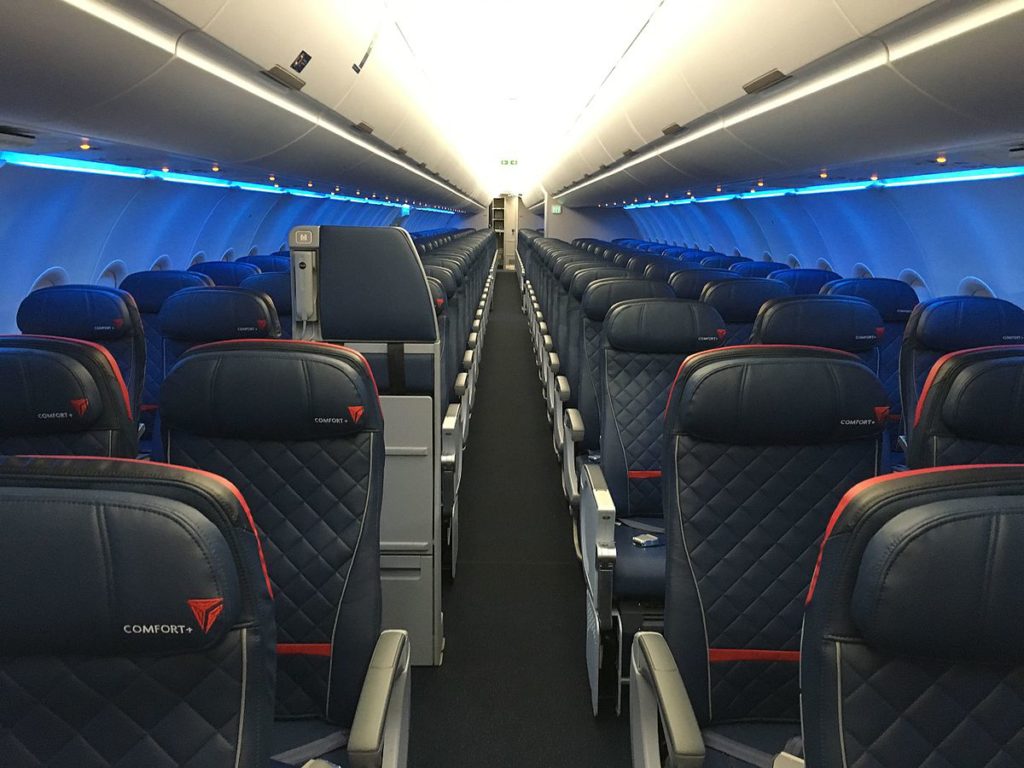
SEATTLE — A woman who says she was groped during an international flight, prompting her to launch a campaign to draw attention to such mid-flight assaults, sued Delta Air Lines on Tuesday over what she described as its anemic response to her case.
Allison Dvaladze said she was sleeping on an overnight flight from Seattle to Amsterdam in April 2016 when a man sitting beside her repeatedly grabbed her crotch, even as she yelled for him to stop.
In the lawsuit filed in U.S. District Court in Seattle, she said she eventually escaped her seat and ran to the back of the plane to alert the flight crew.
The response, she said, was woeful: Though the crew members sounded sympathetic, Dvaladze said they merely told her that such incidents happen, with one suggesting she should “’let it roll off your back.”
They allowed her to switch seats with another passenger for the duration of the flight, she said, but before landing asked her to return to her original seat. She refused.
The flight crew neither contacted law enforcement about the episode nor took steps to identify the passenger, the lawsuit said.
It’s unclear if the passenger sitting next to her was in his assigned seat. The lawsuit names him as a defendant under the alias John Doe, as her lawyers have so far been unable to learn his name.
Delta, based in Atlanta, declined to comment on pending litigation, spokesman Anthony Black said in an email. But the company told The Seattle Times for a story published in December : “We continue to be disheartened by the events Ms. Dvaladze’s described.”
“We take all accounts of sexual assault very seriously and conduct routine reviews of our processes,” it added.
Dvaladze works for a global health program based at the University of Washington and frequently travels. She was in Panama and not immediately available for an interview Tuesday, according to one of her lawyers, Nate Bingham. She told The Times in December that the incident prompted her to launch a Facebook page to draw attention to the issue.
She was overwhelmed by how many people shared similar stories in response, Bingham said, suggesting that international air travel is a “high-risk situation” because it’s one of the few occasions when a person might sleep for many hours next to a stranger.
“After it happened to her, Allison did more research,” Bingham said. “Sex harassment on commercial flights is a disturbingly pervasive issue. As common carriers, airlines have a responsibility to protect their passengers.”
The lawsuit was filed under a treaty governing aspects of international flights, such as what happens when an airline loses a passenger’s luggage. Under that treaty, airlines are automatically liable for injuries suffered by passengers, up to a maximum of roughly $150,000. If the carriers are found to have been negligent, the damages can be greater.
A measure introduced in Congress last summer calls for airlines to provide more training about how to handle sexual assault cases and would require them to collect data on reported incidents.